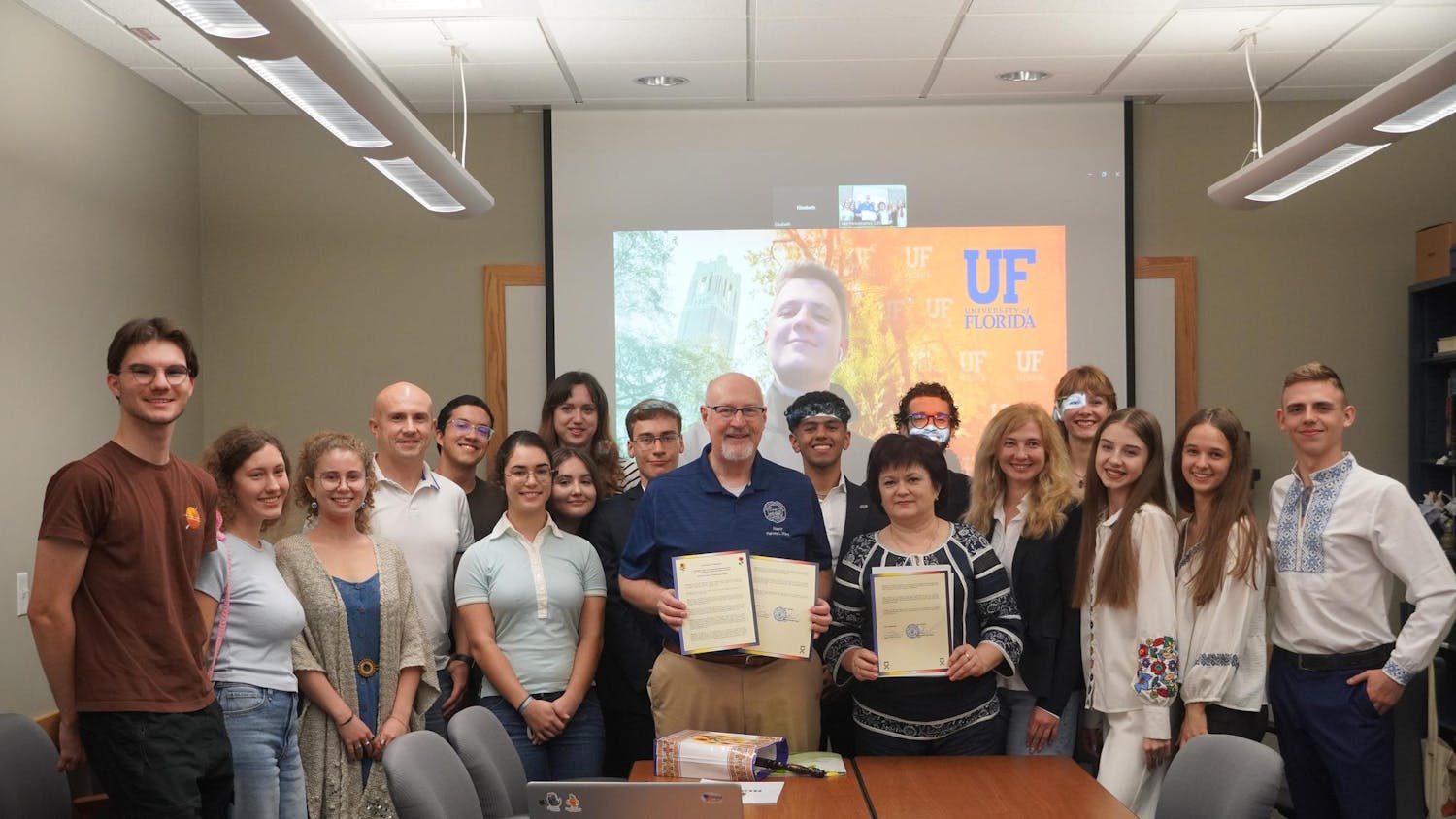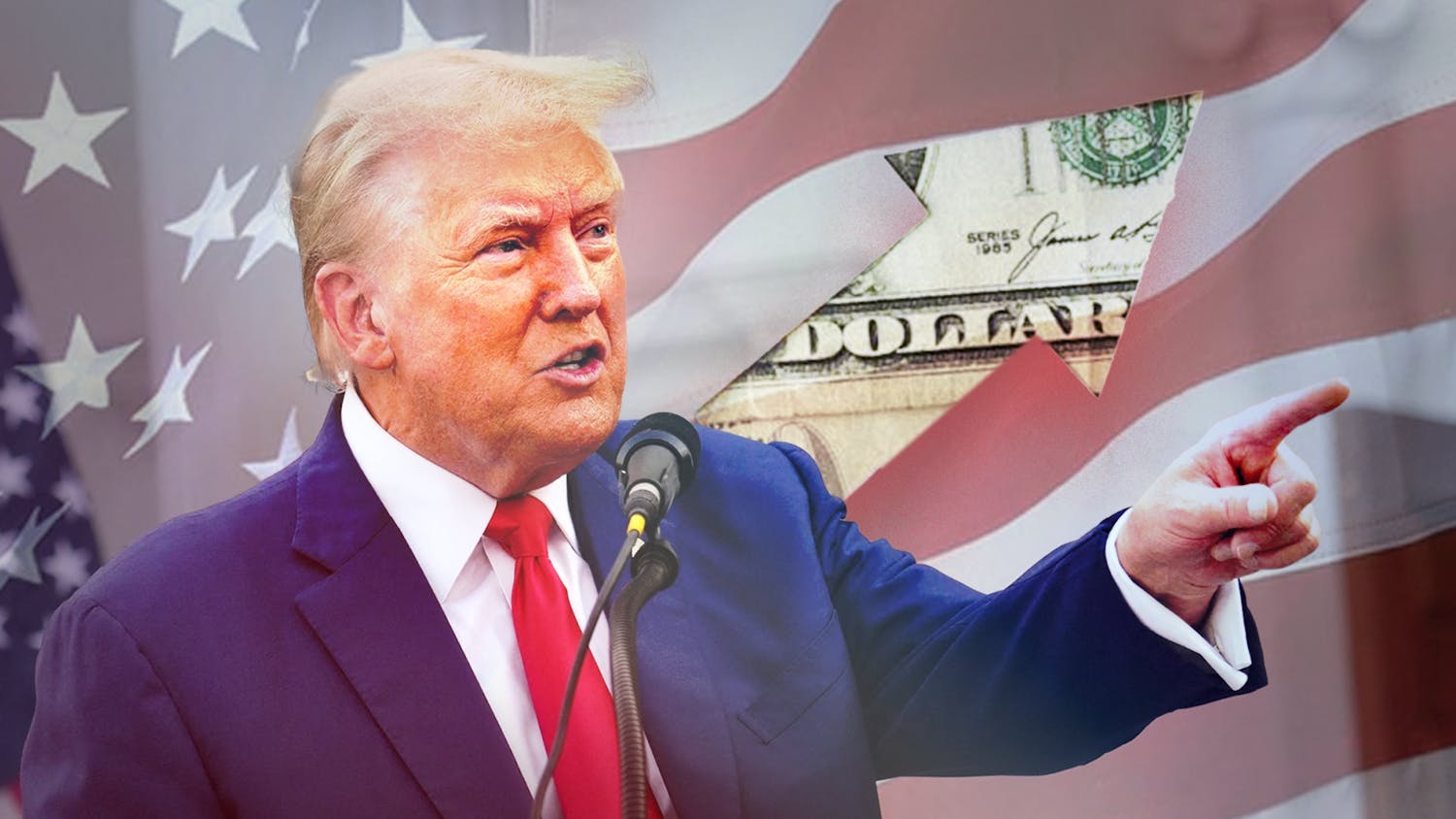Judaism will now be considered a nationality in the U.S. after President Donald Trump took action against rising anti-Semitism and anti-Semitic incidents at colleges and universities.
The president signed an executive order Dec. 11 intended to combat anti-Semitism on college campuses, The New York Times reported. The order gives the government authority to withhold federal funding from institutions it deems biased or failing to combat anti-Semitic discrimination, administration officials told The New York Times.
The order designates anti-Semitic discrimination in colleges and universities “a form of bias against their shared national identity — Israel — rather than just a form of religious discrimination.” This officially considers Judaism a religion and a nationality, protecting it under Title VI of the Civil Rights Act of 1964, The Times and Wall Street Journal reported. Title VI bans discrimination based on race, color or nationality at institutions receiving money from the government.
“...Individuals who face discrimination on the basis of race, color, or national origin do not lose protection under Title VI for also being a member of a group that shares common religious practices,” the order states.
“The university is committed to protecting the First Amendment rights of our students, faculty and staff while also following the requirements of the executive order,” UF spokesperson Steve Orlando wrote in a statement.
Orlando declined to comment further when asked about the university’s plans to follow the order and if the university is concerned about losing funding, in light of recent campus events.
A group of UF students protested an Israeli Defense Forces speaker at Little Hall in support of Palestine in November. The incidentspurred debates on campus about the Israeli-Palestinian conflict and a disagreement between students and UF administration on if protestors called the IDF soldier offensive terms.
UF Jewish fraternity Zeta Beta Tau member and architecture senior Daniel Farji, 21, said Trump’s executive order is important to combat rising anti-Semitism, especially with the prevalence of the Boycott, Divestment and Sanctions movement — a Palestinian-led movement to pressure Israel to comply with international law — on college campuses.
The campaign spurred over conflicts between Israel and Palestine. Its supporters say they advocate for freedom, justice and equality and that “the BDS call urges action to pressure Israel to comply with international law,” according to the website for the movement. But critics, including Trump, condemn the campaign and call it anti-Semitic against the state of Israel and its citizens, according to The Wall Street Journal.
The order is part of the Trump administration’s efforts to curb the BDS movement popular among college campuses, and other events it considers anti-Semietic, The Journal reported.
“Anti-Israel sentiment is fine as long as it's criticizing the government of Israel,” Farji said. “...But unfortunately, a lot of BDS protests or organizations do become anti-Semitic because they use racial slurs against Jews...”
He added that he often disagrees with Trump and thinks his policies on anti-Semitism frequently stem from his Jewish son-in-law and adviser Jared Kushner, and from his desire to appeal to his Jewish friends and voters.
Farji did agree that Trump’s executive order will make universities stop the unfair targeting of Jews.
“When does the free speech really stop, and when does it become hate-filled speech?” he said.
Lea Schwartz, 20, an engagement intern at the Jewish leadership nonprofit UF Hillel, said she disagrees with categorizing Judaism as a nationality rather than a religion. She said religion is individualistic and fluid.
“It's not necessarily fair for someone to say that this is what that religion is because, in reality, it's not going to be that thing for everyone,” Schwartz said.
She said other minority groups still don’t feel represented at UF and she thinks conversations about their representation should start. She doesn’t want the focus to only be on anti-Semitism, she said.
“I personally believe that anti-Semitism isn't just an attack on Jews,” Schwartz said. “It's an attack on all minorities, all of those oppressed, all people of color.”
But black Japanese American UF junior Carlos Williams, 20, doesn’t mind Judaism being labeled as a nationality.
“To me, a religion should be protected no matter what,” Williams said. “Redesignating it as a nationality? I don't see anything really wrong with that.”
Trump’s order comes during a time when anti-Semitism is on the rise. Anti-Semitic attacks rose 13 percent in 2018 from the year prior, with Western democracies, including the U.S., topping the list of attacks, according to Reuters.
The Times wrote that bipartisan legislation similar to this executive order from the last few years has stalled in Congress.
Clay Calvert, the director of the Marion B. Brechner First Amendment Project, said anti-Semitism is an irrefutable, escalating issue. But he thinks the executive order is a flawed solution.
Hate speech, including the state department’s definition of anti-Semitic speech, is protected under the First Amendment as long as it doesn’t contain “fighting words,” true threats of violence or is likely to incite violence, Calvert said. But he said the executive order’s language is too ambiguous and could endanger this free speech.
“How do you draw the line between what is anti-Semitism under this executive order that would not be protected, and then speech that was simply critical of Israel and Israeli policies on the other?” he said. “Drawing that line is not going to be easy.”
Calvert said Trump is probably trying to appeal to his political base in the Jewish community. It is unclear how to determine if a university is adequately combatting anti-Semitism, he said. He added that most public universities are already against discrimination of any kind.
“It’s almost like an executive order overkill,” he said.
Contact Chasity Maynard at cmaynard@alligator.org. Follow her on Twitter @chasitymaynard0.





